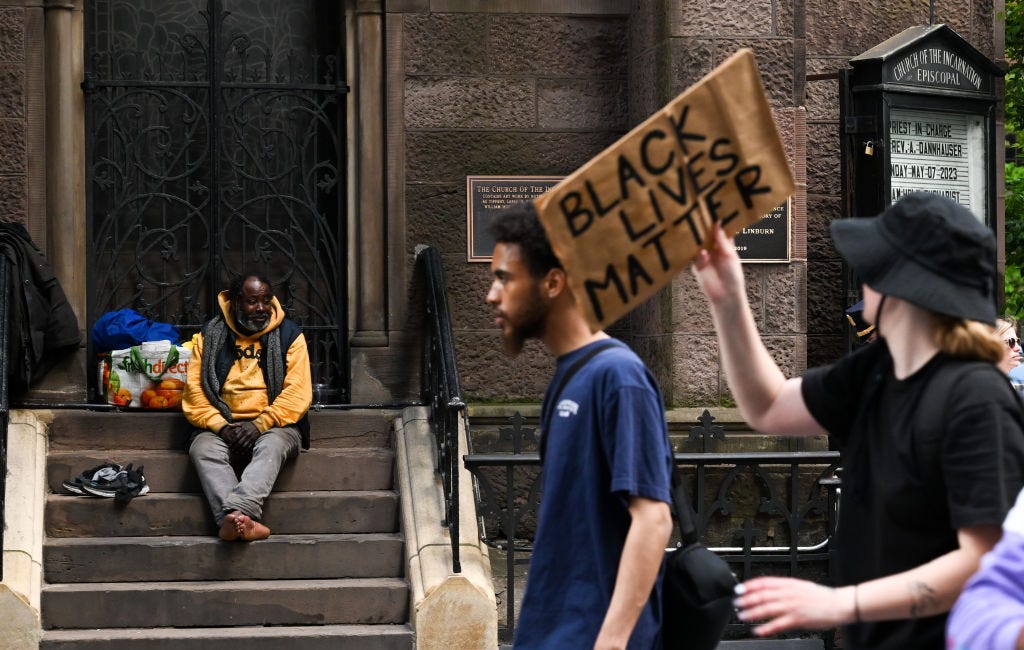Do today's educated elites actually care about social justice?
A must-read interview with Musa al-Gharbi
Run, don’t walk, to this interview today with Musa al-Gharbi. You may agree with it, you may disagree with it, but what you cannot afford to do is ignore its provocation.
In it al-Gharbi raises an uncomfortable question: Are today’s meritocratic elites as interested in social justice as they profess to be? And is the language of “wokeness” actually doing something more complicated than it may appear from a distance?
Check out this passage from the interview, and then jump to the interview below:
I think it’s definitely the case that most of us are sincere. When we say we want the poor to be lifted up, when we say we want people who are on the margins of society to live lives of dignity and inclusion, I don’t think that we’re lying, that we secretly want other people to suffer and be miserable and exploited. But one of the fundamental tensions the book explores is that our sincere commitments to social justice are not our only sincere commitments.
We also have a sincere commitment to being elite, which is to say, we think that our opinions should count more and be taken more seriously than the opinions of, say, the person checking us out at the grocery store. We think we should have a higher standard of living than the person who’s delivering our packages. We want our kids to reproduce our own social position or do even better. And this set of desires is alsosincere.
These two drives are in tension, right? You can’t really be an egalitarian social climber. It’s a contradiction in terms.
One of the things that the book explores is that when these two sincere desires – the desire to be an elite on the one hand, and an egalitarian on the other – come into conflict, which they often do, it’s the desire to be an elite that often ends up winning out and transforming the ways that we perform social justice.




